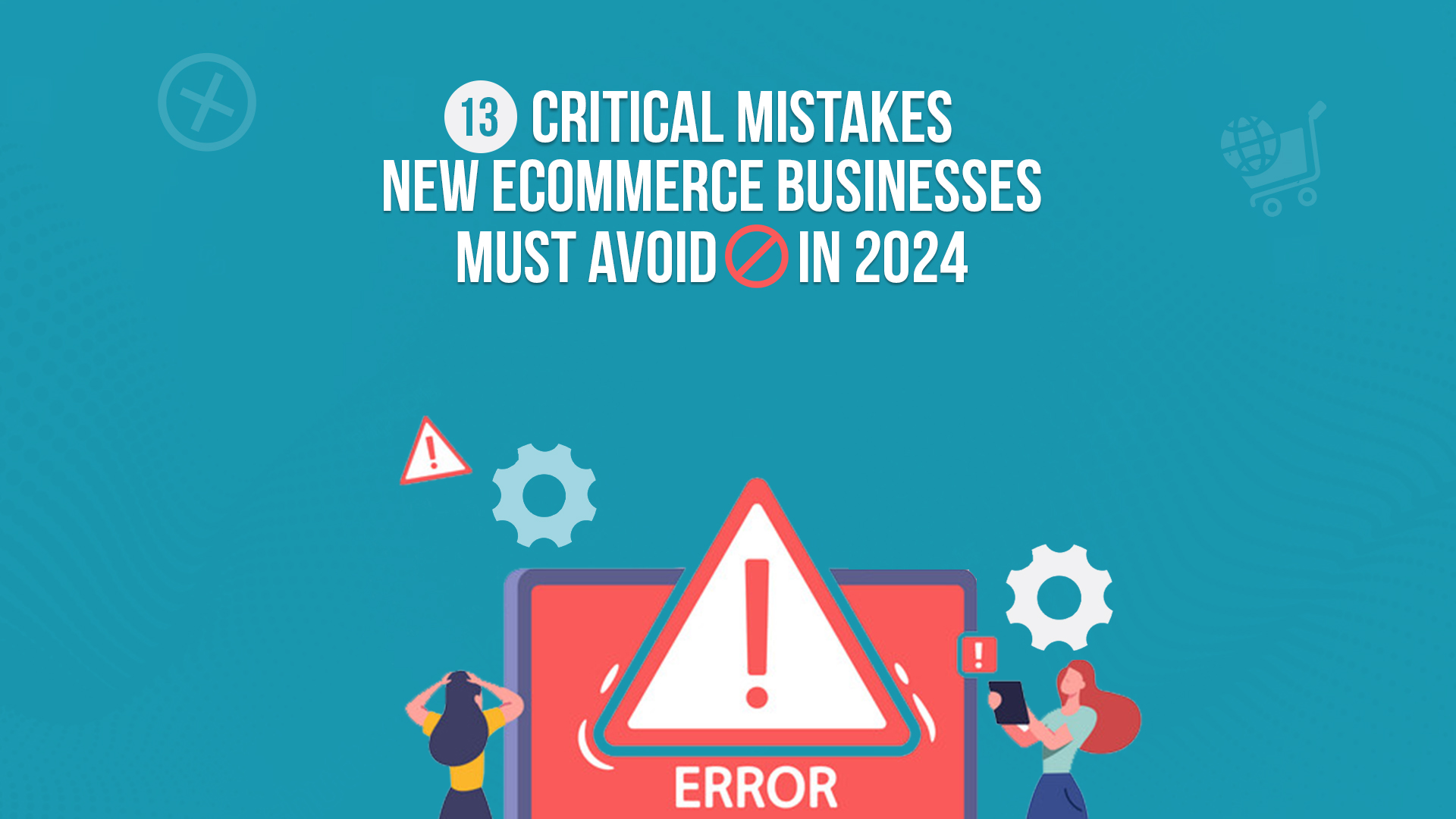Software development relies heavily on effective project management. Even small portions of code can have a significant impact, so having a guiding force is crucial. A project manager is like a puzzle master, fitting each decision together to create a clear and seamless software product.
In the current age of technology, having software is essential for businesses. Every coding choice made shapes how a business operates, making project management essential. It acts as a coordinator and conductor, ensuring developers, designers, and testers work in harmony.
Through exploring this topic, we’ll discover that project management is more than just a process. It’s a powerful force that transforms creative ideas into tangible software solutions.
Clear Roadmap for Success
A clear roadmap in software development is like a well-constructed blueprint for a skyscraper; it provides the structure and direction needed to build something great. Here’s how project management ensures a well-defined path to success:
Collaborating closely with stakeholders to establish a shared understanding of the project’s purpose, target audience, and goals.
Deconstructing intricate project components into manageable tasks simplifies the development process.
Creating markers of progress aligned with key achievements to maintain team motivation and track project advancement.
Crafting detailed schedules that designate task initiation, progress, and completion periods to ensure efficient time management.
Anticipating potential challenges and developing strategies to proactively address them, minimizing disruptions.
Maintaining transparent communication with stakeholders to promptly address changes in scope, requirements, and priorities.
Effective Resource Allocation
In the intricate realm of software development, where resources are the building blocks of innovation, effective resource allocation is akin to a masterful chess game. Here’s how project management ensures that resources are strategically deployed for maximum impact:
Matching Tasks with Skills: Assigning tasks to team members based on their skills and expertise to maximize productivity.
Time Management: Allocating time resources strategically to prevent bottlenecks and ensure a steady workflow.
Balancing Workload: Distributing tasks equitably to avoid overburdening specific team members and promoting collaboration.
Utilizing Technology: Leveraging appropriate tools and technologies to streamline processes and enhance efficiency.
Adaptive Resource Allocation: Adjusting resource distribution as project needs evolve, ensuring optimal resource utilization.
Risk Mitigation
In the dynamic landscape of software development, where uncertainty lurks at every corner, effective risk mitigation is the shield that safeguards projects from potential setbacks. Here’s how project management acts as the vigilant guardian, identifying and addressing risks to ensure a smoother journey:
Proactive Risk Identification: Identifying potential challenges and hurdles before they escalate into significant issues.
Impact Assessment: Evaluating the potential consequences of identified risks on the project’s timeline and outcomes.
Contingency Planning: Developing well-defined backup plans to address risks and minimize their impact.
Continuous Monitoring: Vigilantly tracking project progress and external factors to stay ahead of emerging risks.
In the high-stakes realm of software development, project managers don the armor of risk mitigators. By foreseeing challenges, assessing impacts, and orchestrating contingency plans, they transform uncertainties into manageable variables. Through constant vigilance, they stand as the guardians of project progress, ensuring that the ship of development sails through turbulent waters unscathed.
Effective Communication and Collaboration
Successful software development relies on effective communication and collaboration. Project managers play an important role in facilitating this process by ensuring that information flows smoothly between team members and stakeholders. By fostering an environment of open dialogue, they encourage the sharing of ideas, addressing concerns, and alignment of efforts. This collaborative approach extends beyond the development team to include clients, designers, testers, and other stakeholders. By promoting transparent communication and nurturing a culture of cooperation, project managers create the foundation for innovative problem-solving and the production of high-quality software products. With their excellent interpersonal skills, project managers bring together a diverse group of individuals to work together toward a common goal.
Adaptation to Change
Software development is an ever-changing field that requires constant adaptation to new technologies and ideas. Project managers play a pivotal role in guiding development teams through these changes, acting as leaders who ensure that the project stays on track and encouraging their teams to be adaptable and open to new ideas. The ability of project managers to embrace new trends and encourage fresh ideas is crucial to the success of software development, as it enables teams to stay ahead of the curve and produce projects that utilize the latest technology.
One of the most important aspects of software development is staying up-to-date with current trends and technologies. Project managers must be knowledgeable about the latest tools and techniques to ensure that their teams are working with the most efficient and effective methods available. They must also be able to identify when it’s time to adopt new technologies and when it’s best to stick with tried-and-true methods. By staying ahead of the curve in this way, project managers can ensure that their teams are always delivering the best possible results.
Change is the oxygen of progress. In the words of Charles Darwin, ‘It is not the strongest of the species that survive, nor the most intelligent, but the one most responsive to change.’ Project managers infuse this adaptability into every project breath.
Client Satisfaction
It’s a delicate balance between meeting technological requirements and satisfying human needs. The ultimate measure of success is client satisfaction, which validates the project’s outcome. Project managers play a critical role in interpreting and conducting the development process to ensure the final product aligns with the client’s vision.
Comprehensive Vision Assimilation: Project managers meticulously assimilate the intricate nuances of the client’s overarching vision, ensuring a deep-rooted understanding of their aspirations.
Precision in Requirement Transmutation: They adeptly metamorphose client prerequisites into actionable tasks, facilitating a seamless translation from concept to execution.
Sustained Client Engagement: Through unwavering transparency and regular project updates, project managers foster a continuous engagement loop with clients, assuring them of their project’s progress.
Iterative Feedback Integration: Employing an iterative approach, they seamlessly integrate client feedback into project development, consistently refining the end product.
Exceeding Expectations in Delivery: By orchestrating a final product that impeccably aligns with the client’s initial vision, project managers establish a foundation of trust, elevating client contentment to unprecedented levels.
Amidst the intricate symphony of software development, client satisfaction emerges as the crescendo that reverberates far beyond project completion. Project managers, equipped with a repertoire of acumen, adroitly transform client aspirations into tangible reality. Through unwavering commitment, strategic communication, and an unwavering dedication to quality, they compose a narrative of collaboration that culminates not just in project success, but in the cultivation of enduring partnerships. This harmonious concord between vision and execution epitomizes the essence of client contentment, resonating as a testament to the pinnacle of professional excellence.
I’ve learned that people will forget what you said, people will forget what you did, but people will never forget how you made them feel.
Quality Assurance

In the intricate tapestry of software development, the quest for uncompromising excellence stands as a cardinal imperative. Herein enters the pivotal process of quality assurance, a meticulous endeavor orchestrated by project managers to fortify the integrity of the final product.
Rigorous Testing Frameworks: Project managers architect rigorous testing frameworks that subject the software to a battery of exacting evaluations. This includes an array of assessments ranging from granular unit testing to seamless integration examinations.
User-Centric Validation: They mastermind a validation process rooted in user-centricity, guaranteeing not only functional alignment but also the seamless orchestration of user experiences that transcend expectations.
Bespoke Bug Resolution: When challenges arise in the form of software discrepancies, project managers deftly navigate the landscape of bug resolution. Their expertise is brought to bear in swift diagnosis, priority assignment, and expedited rectification
Benchmarking Excellence: The pursuit of quality extends beyond mere internal yardsticks. Project managers meticulously benchmark the software against industry paradigms, a gesture that ensures compliance, elevates competitive viability, and underscores the software’s superiority.
The highest point in software development is the quality assurance process. Project managers use their skills to create excellent work through thorough testing, focusing on the user experience, and adhering to industry standards. They strive to make code not only functional but exceptional. This process is a testament to professional expertise, showing a commitment to crafting solutions that exceed expectations and represent the highest level of craftsmanship.
Conclusion
Achieving success in software development is not an easy feat. It requires a highly efficient project management process that ensures all aspects of the project are aligned toward a common goal. Project managers are the key players who make this happen. They provide an effective coordination mechanism that brings together different teams to produce a unified end product. These unsung heroes plan, guide, and overcome unexpected obstacles to ensure that the code not only functions properly but also stands out in the highly competitive software industry. With their technical expertise and interpersonal skills, they ensure that software is developed smoothly and delivered within the intended timelines. Therefore, it is crucial to acknowledge the vital role of effective project management in the background when witnessing software in action.
Effective project management is not a luxury; it’s a necessity—a bridge between dreams and digital reality.










